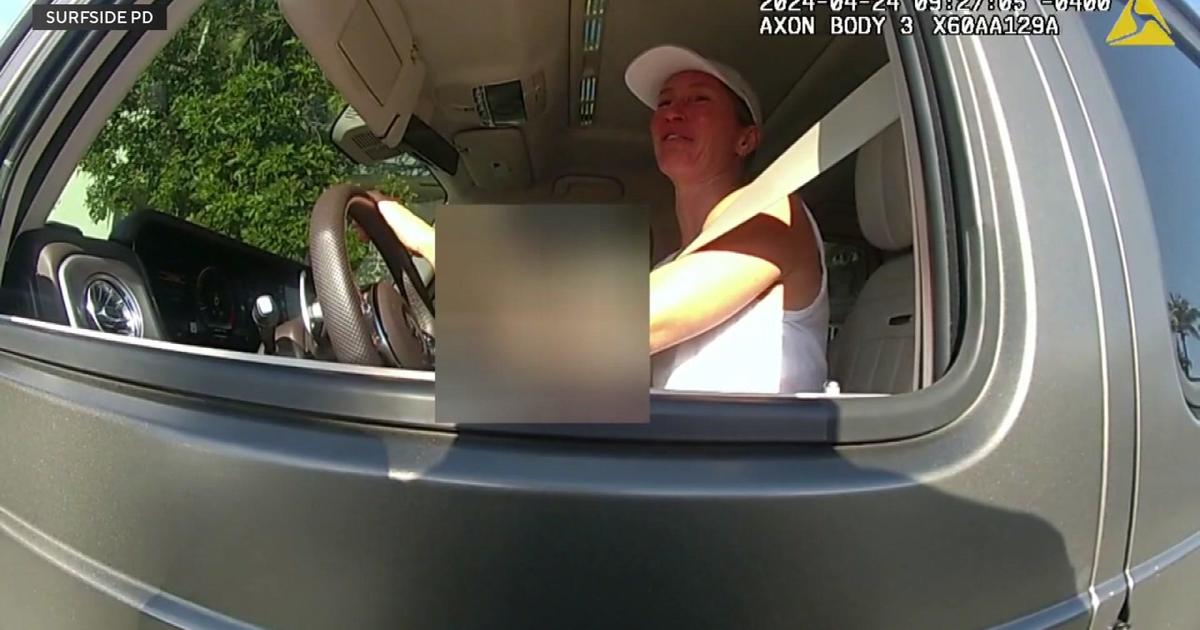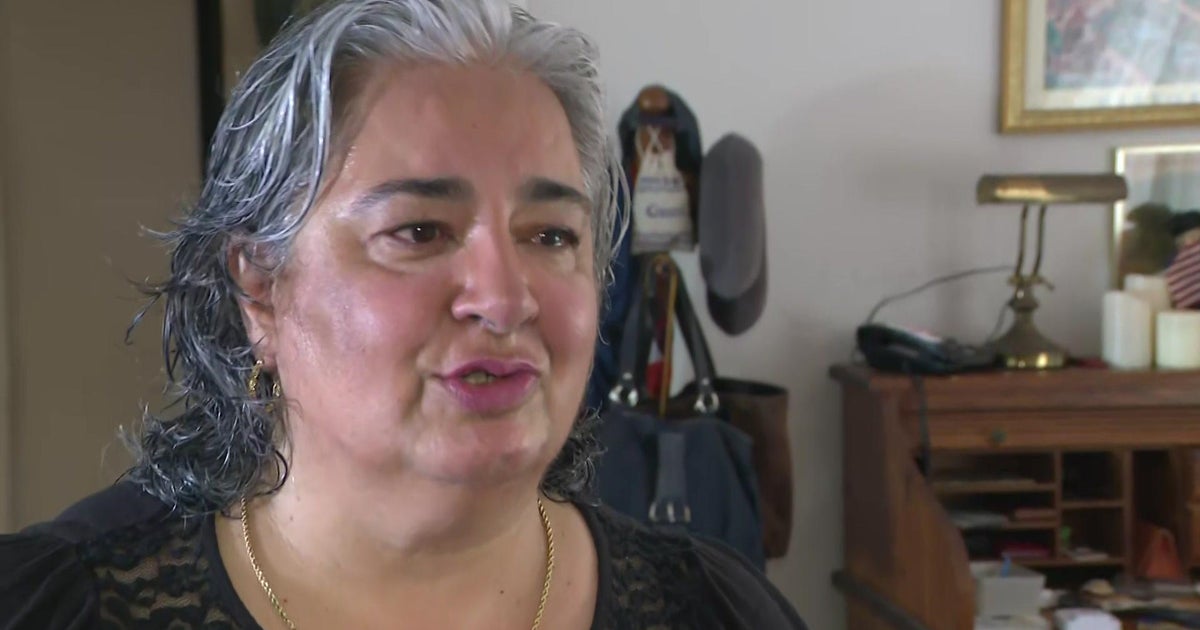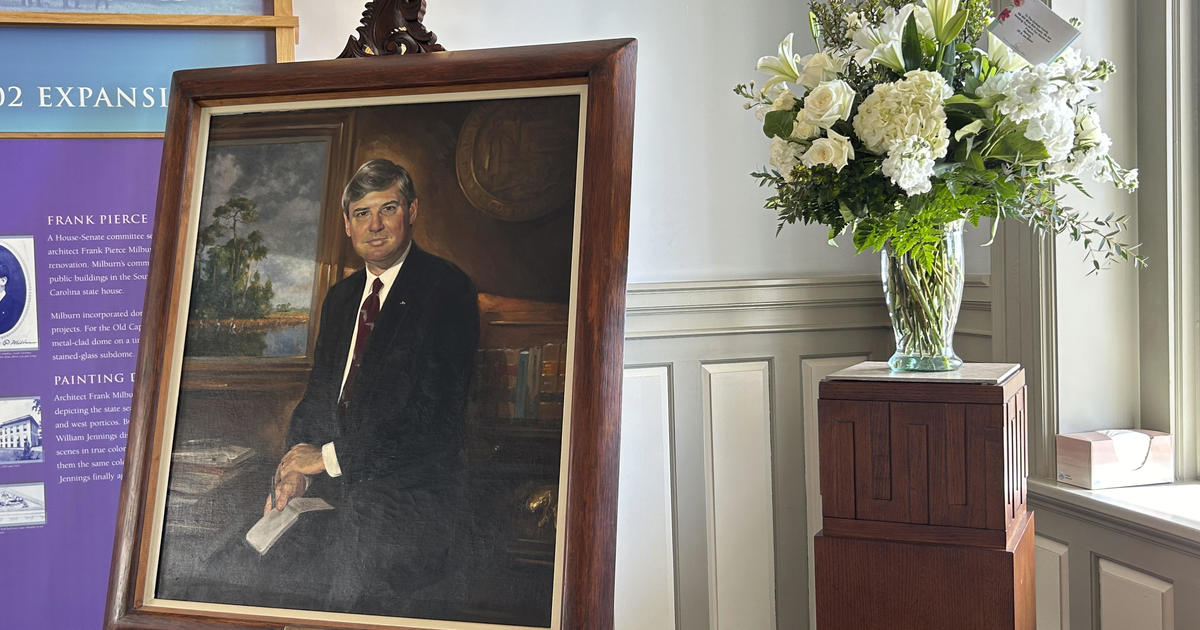In Rejecting Florida Appeals, US Supreme Court Justices Debate Future Of Death Penalty
Follow CBSMIAMI.COM: Facebook | Twitter
MIAMI (CNN) -- As the US Supreme Court rejected a series of death penalty appeals from Florida on Tuesday, key justices laid bare the enduring divisions over the fairness and effectiveness of the ultimate punishment.
"The flaws in the current practice of capital punishment," Justice Stephen Breyer, wrote, "could often cast serious doubt on the death sentences imposed in these (Florida) and other capital cases."
"Rather than attempting to address the flaws in piecemeal fashion ... it would be wiser to reconsider the root cause of the problem -- the constitutionality of the death penalty itself," Breyer, a Bill Clinton appointee, added.
Breyer, as he has done before, complained about inmates lingering on death row for decades.
To which Justice Clarence Thomas, one of the most vocal supporters of the death penalty, said capital sentences are taking too long to be carried out.
"That is reason to carry out the death penalty sooner, not to decline to impose it," the conservative Thomas wrote.
He opened his statement with grisly details of a 1998 murder of a father, mother and daughter committed by one of the men who was appealing his sentence.
"It is no mystery why it often takes decades to execute a convicted murderer," Thomas added, adopting some lines of his late fellow conservative Justice Antonin Scalia. "'The labyrinthine restrictions on capital punishment promulgated by this court' have caused the delays that Justice Breyer now bemoans. As 'the Drum Major in this parade of new precedents,' Justice Breyer is not well positioned to complain about their inevitable consequences."
Thomas' evident sarcasm and the larger clash with Breyer reveal age-old differences between justices at two ends of the ideological spectrum over capital punishment. Despite objections from individual liberals over the years, a court majority has not wavered in its view of the constitutionality of the system that the Supreme Court reinstated in 1976.
The death penalty does not constitute cruel and unusual punishment under the Eighth Amendment, the justices ruled 42 years ago, as long as safeguards exist for individual consideration of the offender and the crime.
Future of death penalty
In Tuesday's dispute, most justices, including Chief Justice John Roberts and newest Justice Brett Kavanaugh, wrote nothing. Justice Sonia Sotomayor was the only one of the nine who went beyond philosophical grievances and asserted that the court should take up the individual claims of the Florida men.
In the end, while the three justices' views, passionately laid out over a total 16 pages, are unlikely to change the majority sentiment, they call attention to the difficult legal issues still in the backdrop even as the number of death sentences has plummeted nationwide.
Death sentences and executions have declined in the last two decades -- from 295 sentences in 1998 to 39 last year -- according to the Death Penalty Information Center. Yet certain parts of the country, notably the south and southwest, continue to keep large death rows and carry out executions. Texas executed seven convicts in 2017 and Florida, the site of Tuesday's cases, executed three in 2017, according to the center. Hundreds of defendants remain on death rows nationwide.
The Florida case tested the retroactive effect of a 2016 Supreme Court ruling that found the state's death penalty procedure unconstitutional because it required a judge, rather than a jury, to determine the "aggravating circumstances" that warranted a death sentence, rather than life behind bars.
The Florida Supreme Court had applied the decision, Hurst v. Florida, to past convicts but only back to 2002, based on separate court precedent.
Scores of capital defendants who have been denied the benefit of the 2016 ruling have petitioned the Supreme Court, and the justices have declined to hear their cases, as happened on Tuesday.
Breyer went along with the majority's decision not to take up the cases on this round, but he used the occasion to highlight his worries about "unconscionably long delays that capital defendants must endure as they await execution," as well as concerns about when rulings that favor defendants apply to past cases and the roles of jury and judge in the decision to sentence a convict to death.
As Thomas responded, he stressed that the death penalty does not violate the Eighth Amendment's prohibition on cruel and unusual punishment. "The only thing 'cruel and unusual' in this case was petitioner's brutal murder of three innocent victims," he wrote in Reynolds v. Florida.
Sotomayor acknowledged the "gruesome crimes" and suffering of families but said the seven cases before the justices raised important constitutional questions about the limited role jurors had in the Florida defendants' fates.
"The consequences of error in these cases is too severe," she wrote, to leave their "challenges unanswered." She dissented alone.
The-CNN-Wire
™ & © 2018 Cable News Network, Inc., a Time Warner Company. All rights reserved.



